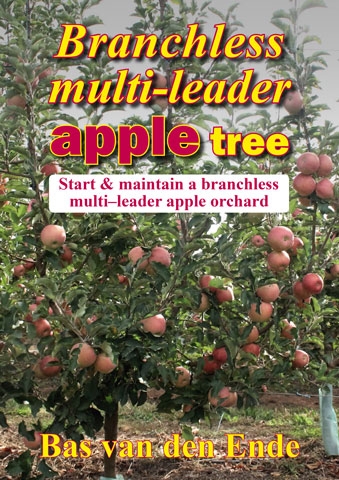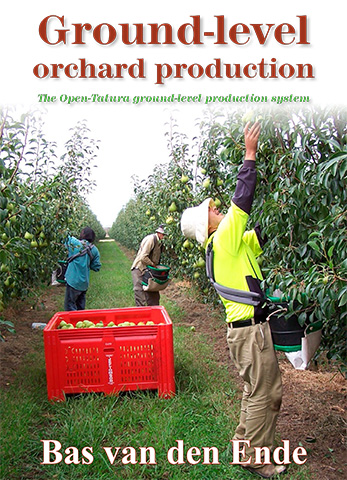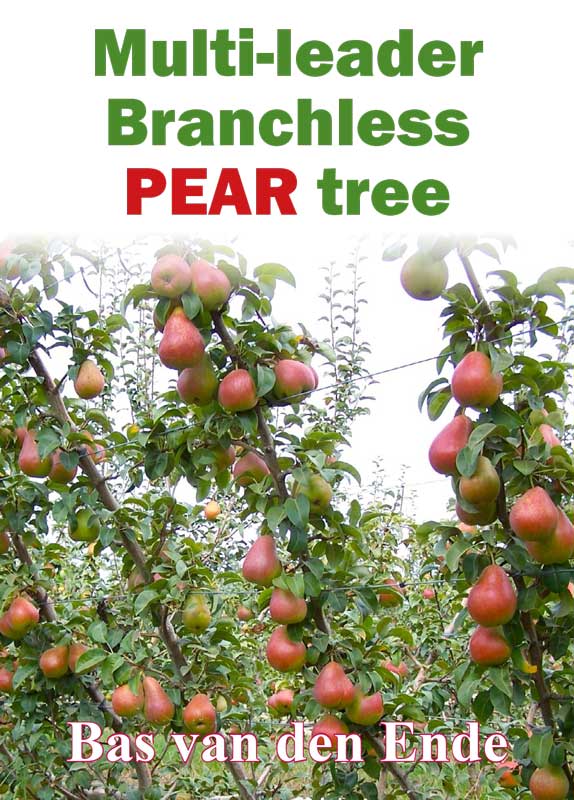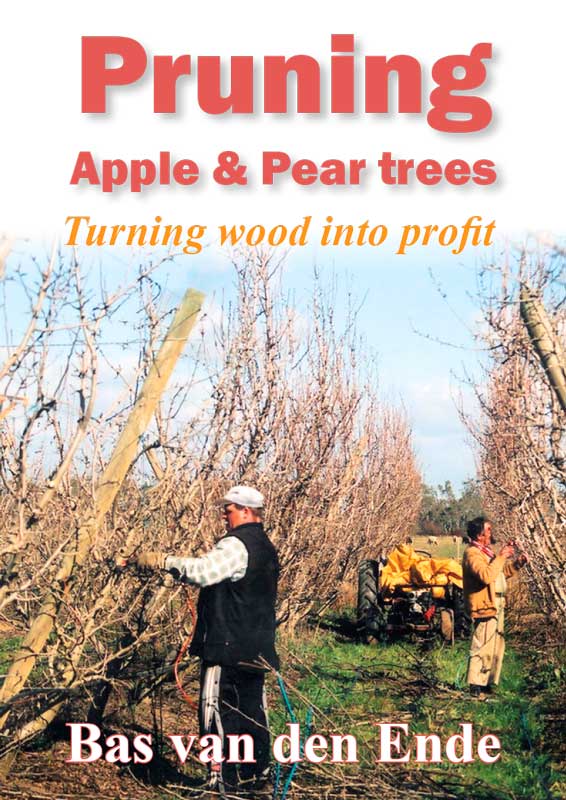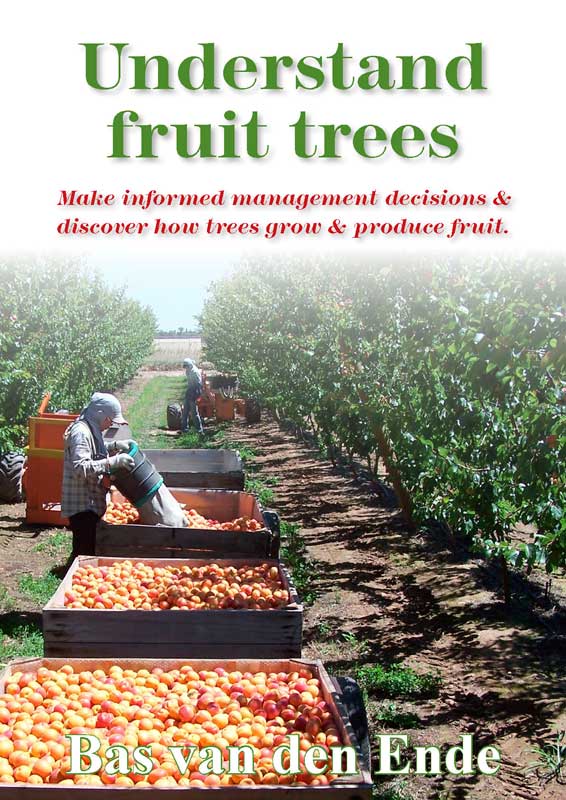Recently I saw for the first time a television program called ‘Megabuilders’; a series of documentaries on the development of large engineering projects around world.
Regardless of the fact that these projects were just plain huge and involved new technologies, the thing that impressed me most was the way in which the construction companies went about their business.
The order came from one country, the build was in another, the project engineers came from yet other countries and the construction crews came from wherever.
Time and again, parts might arrive on site that did not quite fit on the day, yet the project managers thought and worked their ways through each of these challenges.
They had to deal with different technologies, systems, languages and skills on these jobs, and when the project was completed they went on to the next job somewhere else.
These were projects so big that even one day’s delay related to a very large economic consequence, but bridges and the ships were built.
I was impressed by the way in which the finished constructions emerged, and it struck me that each construction company must have a great culture for success.
This manifested itself not only in the actual construction, but in the fine details. For example, all the managers and construction crew on the ship project were kitted out in the same gear, down to the company’s name written on the backs of their safety shoes. And on that point, at every turn safety was foremost in everyone’s mind on both projects. The dangers were real—there was no lip service here.
Whilst orchards don’t have the scale of a Samsung or Hyundai Heavy Engineering, and I can’t see growers buying their staff safety shoes with the orchard name on the back, how can a culture of success be applied to a horticultural enterprise?
The impact of nature
Although building a bridge across Hong Kong Harbour will have its own weather challenges, one problem facing agricultural activities is that seasonal conditions outside a grower’s control can impact production unexpectedly and, possibly, catastrophically.
However, business culture should not be influenced by weather any more than it should be influenced by other factors outside our control; such as the market price, or the level of the dollar.
I see culture more as a process of thinking and practice whereby, each day, the business is doing the best it can whatever the conditions it has to face.
Business culture is about understanding the values and practices that create success and then living those every day so that staff, suppliers and customers see them at work.
The business owner is key
The performance of any business is down to the owner or site manager.
One of the best examples I have seen was in a small rural merchandise store. The owner loved his work and the industry he was in. As a result his staff were excited and keen about their work, and customers loved to deal with this store. This man wasn’t any more intelligent than the rest of us, but he had a spark of energy and a desire to do as well as he could each day that was positively invigorating to be around.
Another example is that of chefs who have a number of restaurants. They obviously can’t be at each one, but a customer in a Neil Perry restaurant in Sydney will have the same great experience as a customer in a Neil Perry restaurant in Melbourne (he or she would need to because Neil’s food isn’t cheap). This happens because everyone, from the sous chefs to the cleaners, knows what Neil Perry expects from them.
In the examples of the larger enterprises I noted above, the project managers probably had that ‘presence’ that good bosses have. However, good bosses walk the talk and there are also examples of owners or managers who let their own business down in many small ways.
The leader sets the standard for others to attain. Staff, especially, pick up very easily when the boss is slack about some things. Why should they care when the boss doesn’t seem to?
A Culture of Success—what does it look like?
I suggest that the following factors form some part of a culture of success:
Vision
The owner has clear short-term, medium-term and long-term objectives. He knows exactly what he wants to achieve, works hard every day to reach those goals, and everyone who comes into contact with him knows where his ship is headed.
Personal attitude and attributes
And working hard brings us to personal attitude. Each of us is an individual and we see the world in our own way. Success is likely to come to those who are persistent and who are positive in their outlook. Effective people think in terms of challenges, not obstacles or barriers, and they like nothing better than to test their comfort zone, face up to challenges and win more than they lose.
Learn something new every season. Making mistakes comes from trying new things, or trying harder with current knowledge. No-one prefers to make mistakes, but management and staff can improve decision-making as a result.
Caring about people
Customers, suppliers or staff; the hardest part of operating many businesses are the relationships with people. I’m not a particularly good people person (I am an accountant), but I know of good examples where respect for people is very apparent within a business. People like doing business with such an operation; people like working in it. Grenda Buslines in Victoria was recently sold for $400 million. The Grendas then gave their staff a thank-you amounting to some $15 million in total. You’d imagine that this family was probably pretty good to work for.
Developing a team
The business’s core employees form a good team. Unfortunately word ‘team’ is so over-used these days. As in – “our friendly team are here to help you”.
However, leaving cynicism to one side, a critical importance of a team is that its members complement each other. You don’t like detail, but your bookkeeper is like a dog at a bone until she gets an answer to a problem. You’re not good with people, but your senior staff get on really well with pickers, and can encourage good practice as well as council bad practice.
You allow good people to get on with their work. You respect those you work with. You listen.
Finally
A culture of success is there for the long haul. Too often business owners and managers get fired up by something important, and then get their staff fired up; only for everything to disappear into the background within two months.
A long-term culture can be encouraged by good internal systems that help everyone in the business to continuously focus on the range of things that are important to get right. And we don’t need to invent these systems. Most growers would be undertaking some form of quality assurance certification, such as Freshcare, GlobalGAP or SQF. These shouldn’t be seen as an annual waste of money, where we do what we must to get the auditor’s tick and then forget about these systems for ten months of the year. They can form the basis of ensuring that everyone in the business is doing the best they can every day.
Given the challenges the industry faces, we need our businesses to be working well and operating under a culture of success.
For information, images and contact details, see the February 2012 Tree Fruit.


